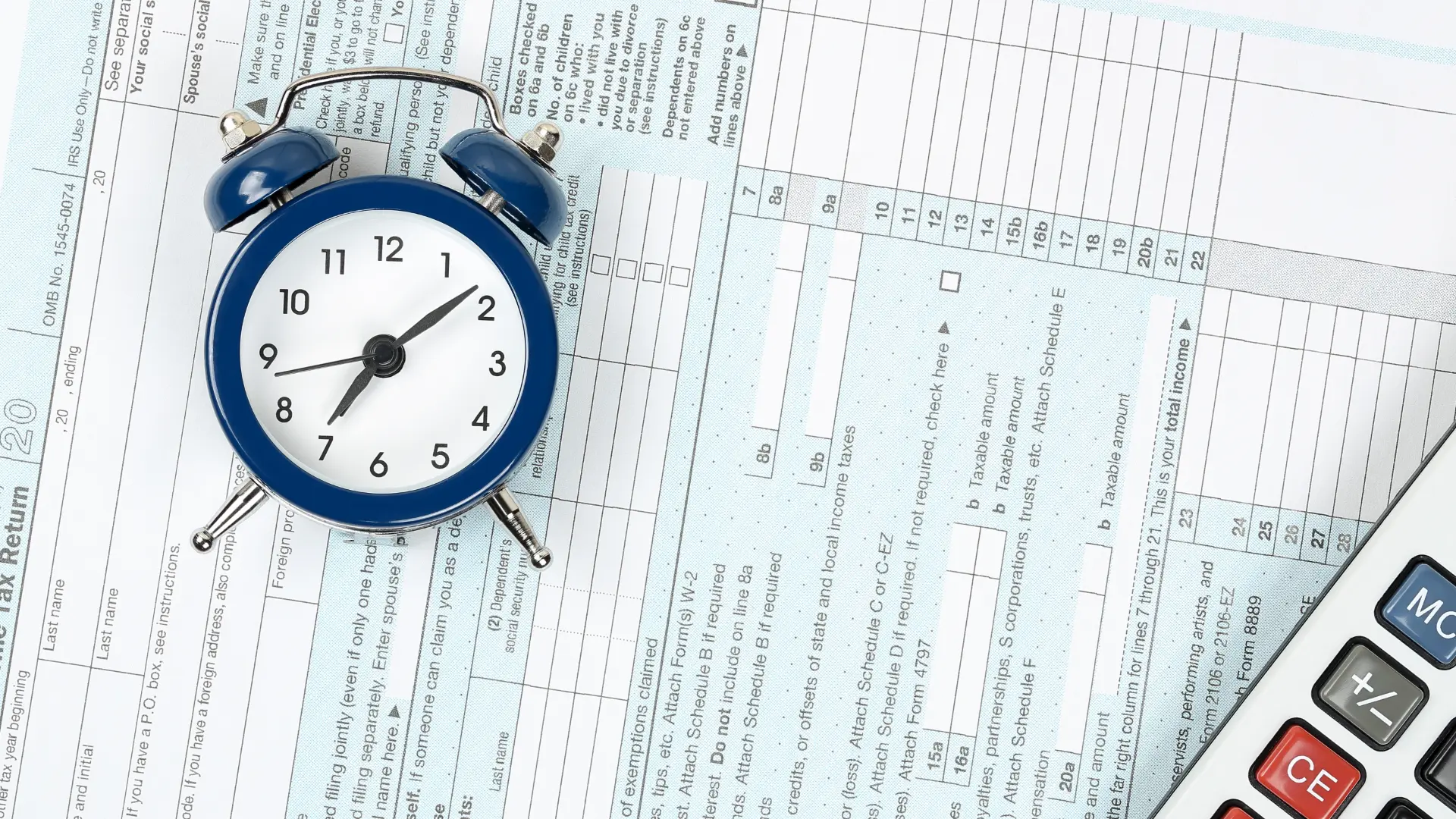Form 1099-INT is a key tax document that shows how much interest you made. Banks, investment firms, and other financial groups give it to people who made over $10 in interest last year. You must report this info on your tax return.

Getting a 1099-INT doesn't mean you owe taxes on that money. You might have deductions that lower your taxes or the money might be from an asset that doesn't get taxed. If you made more than $10 in interest from a bank or investment firm last year, you'll get a 1099-INT.
NerdWallet Taxes offers clear pricing for easy tax filing at $50 for all tax cases, with no hidden fees. Knowing how to handle Form 1099-INT and report your interest income is key. It helps you follow tax laws and avoid IRS penalties or interest.
Form 1099-INT is a key tax form from the IRS. It reports interest income to taxpayers. It's important for those who made over $10 in interest from places like banks and investment firms last year.
Those who pay interest must give Form 1099-INT to the IRS by January 31 of the next year. This helps the IRS know how much interest you got. They can then figure out your taxes correctly.
The 1099-INT form shows how much interest you made. It also lists the payer's details and your Social Security number. This info is key for your tax return.
This form might also show any taxes taken out of your interest. Knowing this helps you claim tax credits or deductions on your return.
The 1099-INT form is vital for those with interest income. It helps you report this income right on your taxes.
Form 1099-INT is key for reporting interest income to the IRS. Banks and other financial groups must give this form if they paid more than $10 in interest. They must send a copy to the person who got the interest by January 31 and file it with the IRS.
What gets reported on a 1099-INT includes bank interest, life insurance dividends, and more. People don't need to attach the 1099-INT forms to their taxes, but they must include the info on their tax return.
People must put the Box 1 amount on their tax return. If you got over $1,500 in interest, you need a Schedule B. You can also exclude interest from some U.S. savings bonds for education costs. And, you can deduct interest penalties on Schedule 1 of Form 1040.
If you got interest as a nominee, you must give out a 1099-INT and report it on Schedule B.
When dealing with tax interest income, you must report the info from Form 1099-INT on your tax return. The taxable interest in Box 1 should go on the "taxable interest" line of your return. Box 8 shows tax-exempt interest, which goes on the "tax-exempt interest" line. Also, the federal tax withheld in Box 4 can lower what you owe or increase your refund.
It's key to remember that all what is the interest income must be reported. This includes interest from bank accounts, money market accounts, and more. Accurate reporting of your taxes on interest income helps follow tax laws and might reduce your taxes.
The IRS and state tax agencies are strict about interest income reporting. Not reporting it can result in penalties and more interest. So, make sure to check your Form 1099-INT and report everything correctly on your tax return. Being careful and informed helps you handle the tax side of your tax interest income well.